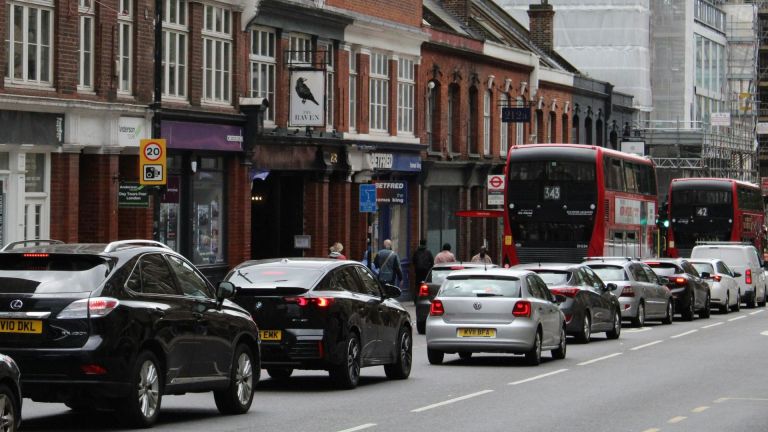We can’t rely on Marcus Rashford to do it all himself.
When the free lunch scandal began to unfold last week, it was largely on social media. The photos of disgracefully scant provisions (including, in one, mostly just bottles of water and half a pepper) brought understandable anger. How could what was clearly just a couple of pounds worth of food be billed at £30? After Rashford got involved, the Government paid attention.
Lockdowns have taken income away from hundreds of Big Issue sellers. Support The Big Issue and our vendors by signing up for a subscription.
There was a question in Parliament, with Labour leader Keir Starmer thanking the Manchester United star for bringing the issue to wider notice. Then Rashford revealed he’d spoken to Boris Johnson and received a commitment from the PM to correct the things that had gone wrong.
This is good. But why on earth does it take a 23-year-old professional footballer to bring an incredible social inequity into focus and forcing change at the top of government? Again.
And why should he have to? Why can’t the Government see the problem first time, learn from it and fix it? This goes beyond free school meals. The meals, and the fight to provide them at all for the poorest children, is the symbolic shock that has brought us here.











